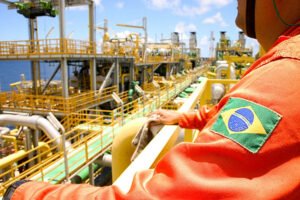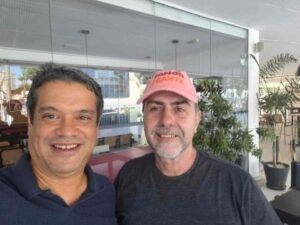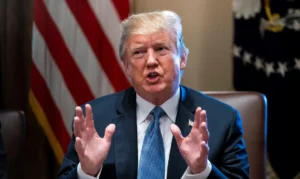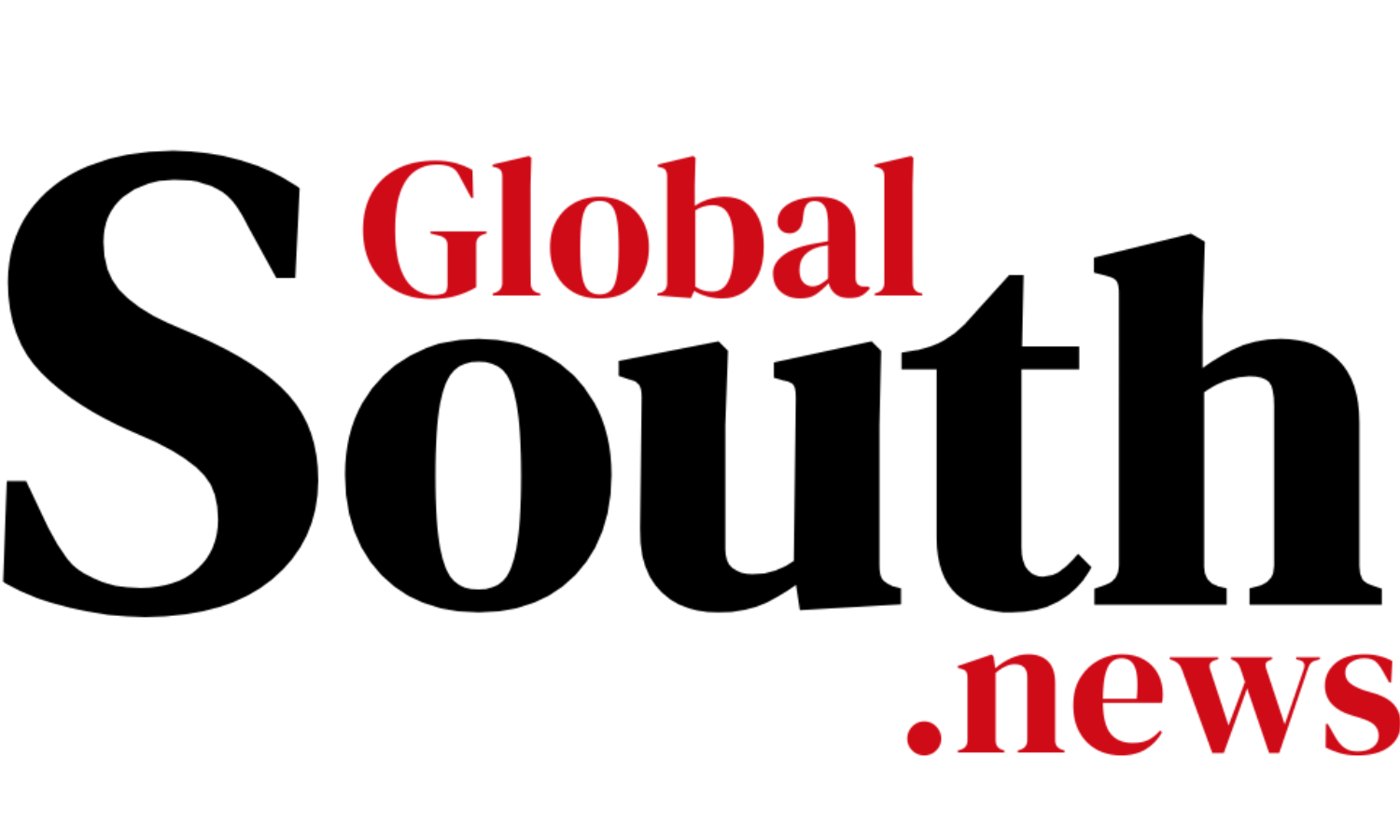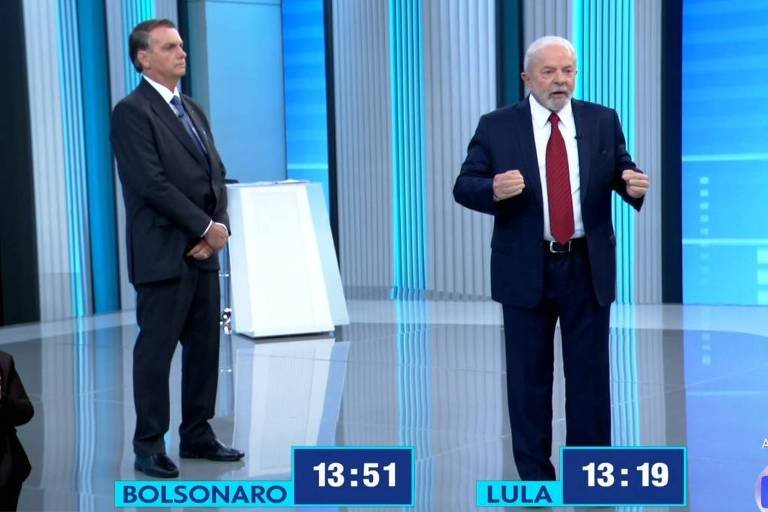
The debate surrounding the Lula government’s economic policy has been intense, especially within the progressive camp. Many critics, often from the left, accuse Finance Minister Fernando Haddad of being “neoliberal” due to his commitment to the new arcabouço fiscal (fiscal framework).
This criticism, however, is superficial and misunderstands what neoliberalism truly represents as a political and economic project. Neoliberalism is not just about fiscal responsibility or balanced budgets.
Neoliberalism, as practiced by figures like Thatcher, Reagan, or in Brazil by Collor and FHC (and radically by Guedes), is a project of a minimal state. Its core tenets are: the mass privatization of strategic state-owned enterprises, the financialization of the economy, indiscriminate trade liberalization (which de-industrializes the country), and the systematic weakening of the state’s capacity to induce development.
What we are seeing in the Lula 3 government is, in fact, the exact opposite of this. We are witnessing the robust strengthening of the BNDES (Brazilian Development Bank) as a financier of national industry and engineering.
We are seeing the resumption of the local content policy at Petrobras and the revival of the naval industry, aiming to use our oil wealth to generate jobs and technology within Brazil, rather than just exporting crude.
We are seeing the launch of the Novo PAC (New Growth Acceleration Program), a massive state-led investment plan in infrastructure, energy transition, and social development, something unthinkable in a neoliberal model.
We are seeing the return of powerful social programs like Minha Casa Minha Vida (My House My Life), which uses state resources to address the housing deficit and generate employment in civil construction.
The arcabouço fiscal was a tactical necessity, a political concession to ensure governability in a Congress dominated by the right and to calm the speculative anxieties of the “market” (Faria Lima). It provides predictability, but it is not the goal of the economic policy; it is a constraint within which the real policy operates.
Lula’s policy is, in its essence, neo-developmentalist. It seeks to use the state as an active agent to promote re-industrialization, technological innovation, and income distribution. Calling this “neoliberal” is to confuse a tactical maneuver (the fiscal framework) with the government’s grand strategy, which is clearly nationalist and developmentalist.
Notes for Readers:
- Lula: Luiz Inácio Lula da Silva, current President of Brazil. This is his third term (referred to as “Lula 3”).
- Progressive Camp (Campo Progressista): A general term for the Brazilian left and center-left political sphere.
- Fernando Haddad: Brazil’s Minister of Finance, a key figure in Lula’s Workers’ Party (PT).
- Arcabouço Fiscal (Fiscal Framework): The name of the new set of fiscal rules approved in 2023 to replace the previous (and much stricter) “spending cap.” It aims to balance the budget but allows for increased public investment. It is the main point of contention for critics on the left, who feel it is too restrictive.
- FHC (Fernando Henrique Cardoso) & Guedes (Paulo Guedes): FHC was a center-right president (1995-2002) associated with privatization (neoliberal) policies. Guedes was the ultra-liberal Finance Minister under far-right president Jair Bolsonaro (2019-2022).
- BNDES (Banco Nacional de Desenvolvimento Econômico e Social): The Brazilian Development Bank, a massive state-owned bank crucial for financing long-term infrastructure and industrial projects. It was intentionally weakened under previous right-wing governments.
- Petrobras: Brazil’s semi-public multinational energy corporation. “Local content policy” refers to rules requiring Petrobras to purchase a certain percentage of its ships, platforms, and equipment from Brazilian manufacturers.
- Novo PAC (Novo Programa de Aceleração do Crescimento): The “New Growth Acceleration Program,” a large-scale, state-driven investment program focused on infrastructure, social projects, and green energy.
- Minha Casa Minha Vida: “My House My Life,” Lula’s flagship social housing program.
- “Market” (Faria Lima): When Brazilian political commentators refer to “o mercado” (the market), they are often specifically referring to the financial sector concentrated on Faria Lima avenue in São Paulo, similar to Wall Street in the US.
- Neo-developmentalist (Neodesenvolvimentista): An economic model where the state actively intervenes to promote national industrial development and technological autonomy, as opposed to the laissez-faire approach of neoliberalism.





